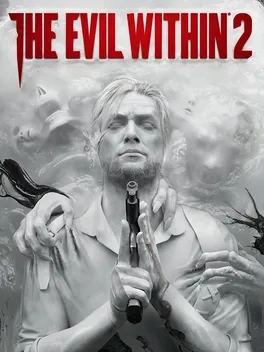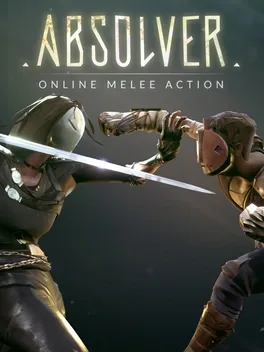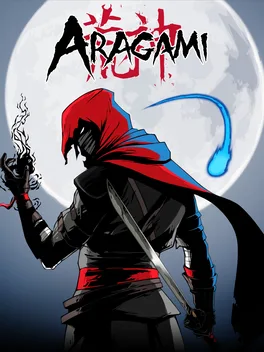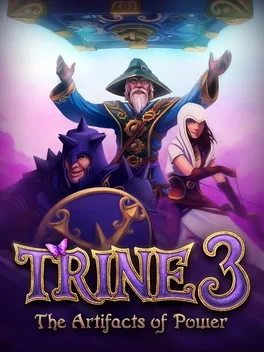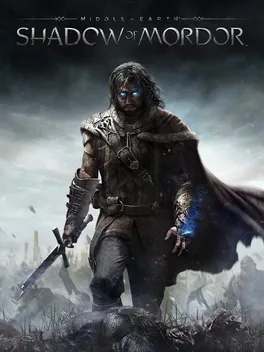Joey Thurmond
This author account hasn't been claimed yet. To claim this account, please contact the outlet owner to request access.
Writing For
Latest Reviews
Republished on Monday 28th May 2020: We're bringing this review back from the archives following the announcement of June's PlayStation Plus lineup. The original text follows.
There’s a certain genius to madness. That’s especially true for crafting superb survival horror that balances the irrational and bizarre with careful consideration. The Evil Within, which put players in a psychopath’s mind-made reality, was one such example. There was tension-inducing enemy encounters amid erratic pacing. Calling it a diamond in the rough is more than apt, but after a few years of polishing and cutting, the gem takes the form of a sequel. The Evil Within 2 is more refined with its changes in more ways than one – for better and for worse.
Absolver’s fighting system and weird blend of ideas make it a genre-defying gut punch of innovation. You’ll be in amazement with how much you can customize the fluid combat, but its complexity and intentional design to be constantly altered might be off-putting for some. The same goes for those looking for more to do besides competitive play in an open world begging to be absolved of limited scope and content.
While some may find Tacoma's length and lack of gameplay depth off-putting, it still manages to feel full in itself. A grounded, futuristic setting serves as Fullbright's most creative stage yet for thorough environmental storytelling that shines with an ordinary yet endearingly authentic cast of characters.
The game’s inspirations are obvious, and in terms of its safe puzzles and platforming, they don't offer much that’s new or memorable. However, the opposite is true for the cleverly conveyed story, magnificent Mediterranean setting, and a strong score that will pull you into a whimsical, emotional journey in RiME that’s well worth your time.
It's weird to think that since Darksiders was released in 2010, Vigil Games disbanded, THQ went bankrupt, and Nordic Games acquired the franchise. Not only that, but it has even reincorporated under the name THQ Nordic and overseen remasterings of both games. So while ex-Vigil Games employees are scattered around the place with Darksiders lead creator Joe Madureira doing his own thing with Battle Chasers: Nightwar, THQ Nordic has been feeling the waters to discern if completing the Darksiders trinity can make waves.
Aragami is a sight for sore eyes if you're a fan of the stealth genre. While we have incredible games integrating its conventions with Dishonored, Assassin's Creed, and even Wolfenstein: The New Order, they treat stealth gameplay as an equal alternative to action rather than the only realistic option. Seasoned game series like Metal Gear Solid and Thief are primary examples of the latter, emphasising stealth to the point of making combat a major threat. Aragami falls in line with this traditional focus on stealth gameplay, but is it worth leaving in the shadows or exposing to the light for all to see?
To start on a personal anecdote, this particular editor had the pleasure of playing Trine 2: Complete Story for his first review at Push Square two years ago, and much to our surprise, we were delighted that it was a magical indie title that boasted some of the greatest visuals we'd seen with phenomenal puzzles and platforming to boot. Needless to say, we jumped on the chance to turn the pages in a new chapter for the series' three heroes with Trine 3: The Artifacts of Power, so with a drastic transition to 3D environments and gameplay, does the series transcend to new levels of wonderment and possibilities or has it veered off the path to unhappy endings? We're sad to report that the latter is true, and in more ways than one.
It’s natural to be sceptical about licensed video games, and everyone has the right to feel this way about them, especially when a blockbuster-sized one comes around with a burden of expectations and hype to live up to, despite having a broad ancestry of mediocre releases. Of course, we’re referring to Middle-earth: Shadow of Mordor, and the many Lord of the Rings titles before it. Much of this problem could be attributed to the Tolkien Estate, which has been difficult with game developers about the IP since the beginning, or you could say that game developers have just never done justice to the captivating beauty, depth, and lore of J.R.R.’s epic fantasy universe. It’s probably both, but we believe that Monolith Productions’ latest stands as one of the first commendable successes for the franchise in the video game realm, finding a balance in combining and improving upon elements drawn from obvious inspirations, while making a name for itself with innovative design that sets a benchmark for future games to meet.
Tower defence is more of a niche genre for a particular subset of gamers. The slow pace and constant, strategic management of resources that characterises the games may sound like either a fun time or a monotonous drag to you, but something like Anomaly 2 is, er, an anomaly. Have you ever wondered what it would be like to play as the attacking force – usually the “bad guys” – in a tower defence game? Speculate no further because 11 Bit Studios has answered that question with something it likes to call “tower offence”. We can certainly admire the aspirations of the developer in trying to design something where no game has gone before, but is this alien endeavour too ambitious and experimental for its own good, or is it a commendable push in invigorating its static genre with much-needed innovation?

